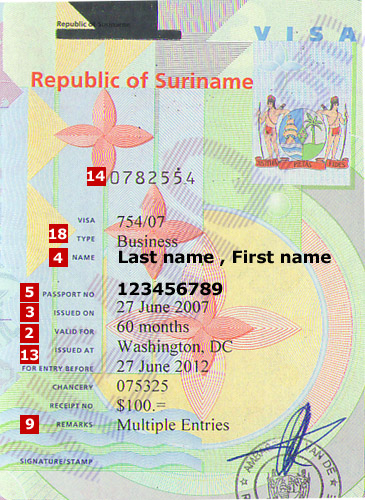Suriname Embassy list in Georgia
Need help?Chat with us
Why Trip Registration at the Suriname Embassy is Important
Registering your trip with the Suriname embassy is crucial for ensuring your safety and well-being while traveling abroad. In the event of a natural disaster such as earthquakes or floods, the embassy can provide timely alerts, evacuation plans, and shelter information. Additionally, during periods of political unrest, registered travelers can receive updates about safety conditions, avoiding potentially dangerous areas. In medical emergencies, the embassy can facilitate communication with healthcare providers and assist in emergency medical evacuations. Knowing that the embassy has your travel information fosters a sense of security, allowing you to focus on enjoying your trip while being prepared for any unforeseen circumstances.
Suriname Embassy FAQs
Can the Suriname embassy assist in legal issues abroad?
Yes, the Suriname embassy can provide guidance and recommend local legal counsel to assist you in addressing legal issues while abroad.What should I do if I lose my Suriname passport in Georgia?
If you lose your Suriname passport in Georgia, contact the embassy immediately. They will guide you through the process of obtaining a replacement and may provide assistance in temporary identification.How can I contact the Suriname embassy in an emergency?
You can contact the Suriname embassy via phone or email during business hours or through the emergency hotline for urgent matters outside of those hours.Does the Suriname embassy offer assistance for students studying abroad?
Yes, the embassy can provide support and resources for Surinamese students studying in Georgia, including information on local laws and educational institutions.
Services Provided by Suriname Embassies in Georgia
Passport Services
- Issuance of new passports
- Passport renewal
- Lost passport replacement
Visa Issuance for Foreign Nationals
- Processing of visa applications
- Tourist and business visa information
Assistance in Legal or Medical Emergencies
- Access to legal resources and local counsel
- Medical assistance and emergency evacuation coordination
Travel Alerts and Safety Updates
- Notifications about travel advisories
- Updates on local safety conditions
Support for Nationals Detained Abroad
- Assistance during legal proceedings
- Coordination with local authorities
Summarized Diplomatic Presence
The Suriname diplomatic presence in Georgia comprises an embassy located in the capital and potentially consular offices in major cities. The primary functions of these missions include providing support and services to Surinamese citizens, fostering trade and cultural exchange, and enhancing diplomatic relations. The embassy plays a vital role in addressing the needs of citizens abroad, promoting Suriname’s interests, and maintaining open channels of communication between governments. This bilateral relationship is essential for strengthening ties, facilitating cooperation, and addressing mutual concerns on various global issues.
